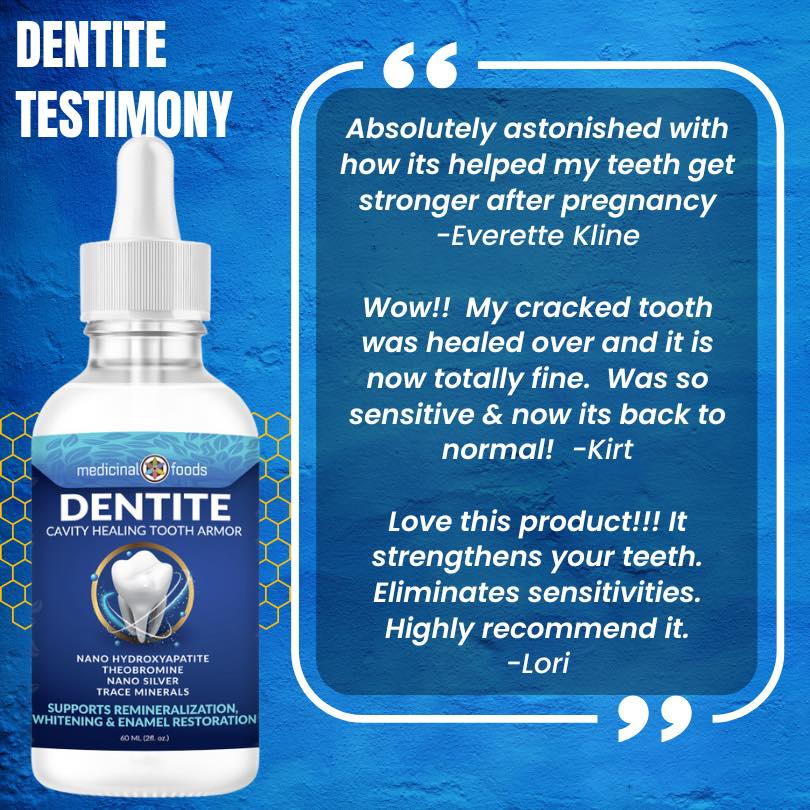Cracked Teeth and Sensitivity: How Microfractures Turn Into Big Pain
Tooth sensitivity can feel like it comes out of nowhere. One day, everything feels fine. The next, you’re wincing when you sip cold water or chew something crunchy. Often, the culprit isn’t just enamel erosion or gum recession — it’s cracks in your teeth.
Cracks can be obvious, like a chip you can see in the mirror. But they can also be microscopic — tiny fractures called microcracks that spread silently through enamel. These cracks weaken your teeth, expose the sensitive dentin underneath, and open up direct pathways to your nerves. That’s why even the smallest crack can trigger outsized pain.
If you’re grinding, clenching, or whitening, your risk of cracked teeth skyrockets. And once cracks start forming, sensitivity only gets worse.
Why Cracked Teeth Cause Sensitivity
Healthy enamel acts like armor — a solid shield that keeps your nerves safe. But once enamel cracks, that shield is broken. Here’s what happens next:
-
Pathways open up. Microcracks give cold, heat, or sugar a direct line to the dentin.
-
Dentin is exposed. Unlike enamel, dentin is full of tubules that connect to nerves.
-
Pressure spreads unevenly. Cracked enamel flexes under bite force, aggravating sensitivity.
-
Bacteria sneak in. Cracks give bacteria a place to settle, creating even more irritation.
That’s why cracked enamel doesn’t just look bad — it feels bad.
How Cracks Happen
Cracks don’t always come from dramatic accidents. Most often, they form slowly from everyday stress:
-
Bruxism (grinding and clenching). The biggest culprit. Constant pressure wears enamel thin and fractures it.
-
Whitening. Already weak enamel becomes brittle after repeated bleaching.
-
Acid erosion. Soda, citrus, and reflux soften enamel, making it prone to cracking.
-
Age. Enamel naturally becomes more brittle over time.
-
Biting hard foods. Ice, nuts, or even popcorn kernels can push weakened enamel past the breaking point.
Over time, these stresses create networks of microcracks that gradually turn into full-blown sensitivity.
Why Sensitive Toothpaste Can’t Fix Cracks
At best, sensitive toothpaste dulls nerve response for a short time. But no toothpaste can repair structural damage like cracks. Once enamel is fractured, numbing the nerves won’t stop the problem from spreading.
It’s like painting over a cracked wall. For a moment, it looks better. But the crack is still there — and it’s only getting worse underneath.
How Dentite Helps Reinforce Cracked Teeth
Dentite doesn’t “glue” cracks back together — no product can do that outside of a dental office. But it does something just as important: it strengthens the enamel around cracks and prevents new ones from forming.
Here’s how Dentite makes a difference:
-
Rebuilds weak enamel. With a clinically effective dose of nano-hydroxyapatite, Dentite restores mineral density to the enamel structure.
-
Seals exposed tubules. By reinforcing the enamel around cracks, Dentite cuts off pain pathways to the nerves.
-
Stops cracks from spreading. Stronger enamel is more resistant to bite force, grinding, and whitening damage.
-
Protects against bacteria. Restored enamel is smoother, making it harder for bacteria to settle into fractures and create odor or decay.
With continuous use, Dentite acts like reinforcement around a fracture — giving your teeth the strength they need to resist further breakdown.
Everyday Triggers That Hurt Cracked Teeth
If you’ve got enamel cracks, you probably already know the triggers:
-
Ice water → sharp zings.
-
Hot coffee → dull, throbbing pain.
-
Sweets → instant sensitivity.
-
Crunchy foods → biting pressure that sends pain through your jaw.
Dentite can’t erase cracks, but by reinforcing enamel, it helps dull these triggers and gives you lasting relief.
Added Bonus: Fresh Breath Protection
Cracks aren’t just painful — they’re perfect hiding places for odor-causing bacteria. That’s why cracked teeth often come with stubborn bad breath. By smoothing enamel and reducing bacterial buildup, Dentite also helps eliminate bad breath naturally. That makes it worth buying just for freshness — the sensitivity relief is the upgrade.
The Bigger Picture
Cracked teeth are a warning sign. They tell you your enamel is under too much stress — from grinding, whitening, acids, or simply age. Left untreated, cracks deepen, pain worsens, and eventually you’re looking at fillings, crowns, or worse.
Dentite gives you a way to fight back before it gets that far. By restoring enamel strength daily, it keeps cracks from spreading, seals off pain pathways, and protects against bacteria.
Final Thought
Tooth sensitivity isn’t always about erosion or gums. Sometimes, it’s the cracks you can’t see — microfractures that expose your nerves and leave you in pain. Toothpaste can’t fix that. At best, it dulls the symptoms.
Dentite gives you real defense. It restores enamel, reinforces weak spots, stops cracks from spreading, and keeps your teeth strong. Along the way, it freshens your breath too — a side benefit worth the switch on its own.
Cracks happen. Pain doesn’t have to. With Dentite, you can protect your smile and stop sensitivity where it starts.









